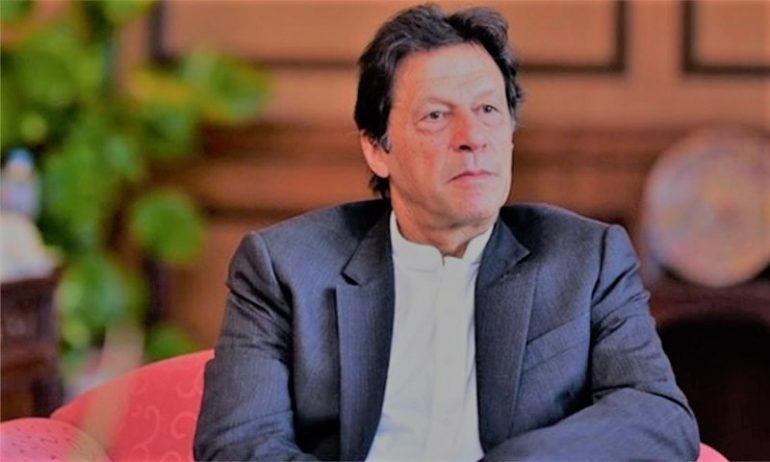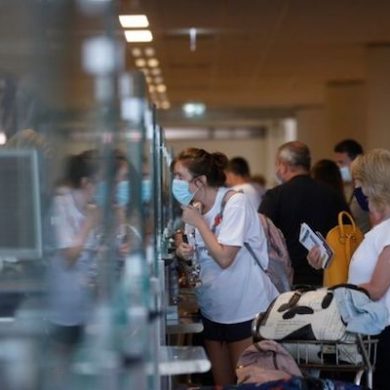Prime Minister Imran Khan said on Tuesday (7 September) that the rule of law is a fundamental aspect of any civilized society and that the government would improve working conditions for the judiciary to help them achieve speedy justice.
The ceremony was attended by:
- Law Minister Barrister Farogh Naseem.
- Interior Minister Sheikh Rasheed Ahmed.
- Parliamentary Secretary for Law and Justice Maleeka Bokhari.
- Members from the judges and lawyers’ fraternity were present.
The Judicial Complex will be comprised of:
- Four blocks of 93 district courts.
- An administrative block.
- A bakhshi khana (lockup for prisoners).
- A NADRA verification room.
- Separate waiting areas for lawyers and petitioners.
Prime Minister, in his remarks at the Judicial Complex’s foundation-laying ceremony, stated that the facility would benefit all parties, including the bench, counsel, and petitioners. The Judicial Complex is to be built by CDA (Capital Development Authority) and FWO (Frontier Works Organization) in G-11/4 at a land measuring 195,000 sq ft, expected to be completed in six months.
For the previous 40 years, the district courts have been operating in a rented market at F-8 Markaz, with no adequate facilities for judges, lawyers, or petitioners.
The prime minister stated that the administration of justice, particularly to the poorer sectors of society, is a priority, and that he founded his political party on the same theme and vision 25 years ago.
PM Imran expressed pride in being a part of the “historic democratic struggle” of the lawyers’ movement against a military dictator in 2007. He lamented, however, that the targets could not be entirely met.
Efforts for Foreign Investment
Prime Minister Imran Khan said that the political elite of the country consider themselves to be above the law and demand preferential treatment. He said, “A country can never progress, where two separate streams of justice prevail for the powerful and the weaker ones.”
He stated that ongoing litigation, particularly in situations of land grabbing, was a major impediment to investment by Pakistanis living abroad.
The prime minister praised Chief Justice Islamabad High Court (IHC) Justice Athar Minallah for his landmark decisions in the interests of society and environmental conservation.
Imran Khan also praised CDA and FWO who reduced the cost of PC-1 to Rs 1.5 billion compared with the previous one of Rs 6.5 billion.
According to Chief Justice Minallah, speedy justice is the basic right of the people, which could only be possible “if all institutions continued to work within their ambits”. In addition, he also said that “Supremacy of the law and the Constitution and abiding by the oath of one’s office is a guarantee to justice and ensures the rights of the nation.”
He claimed that the goals of the 2007 movement had yet to be completed, even though its leaders had promised the people a path towards a State that protected and cared for its residents.
He also said that “Judiciary is but a unit in the judicial system.” He said a society that overlooks crime and diminishes the truthful witnesses work towards the ruin of the society and losses its authority.
He added that a good judicial system is efficient and works on the principles of good leadership with a system of just and proper execution by the departments involved in the investigation.
In addition, he said that district courts serve as a guarantor of the rule of law; nevertheless, extending amenities to the judicial setup and the common man has been overlooked since Islamabad’s formation as a capital.
Justice Minallah said it is important for the government to realize that the real stakeholders are the people.



